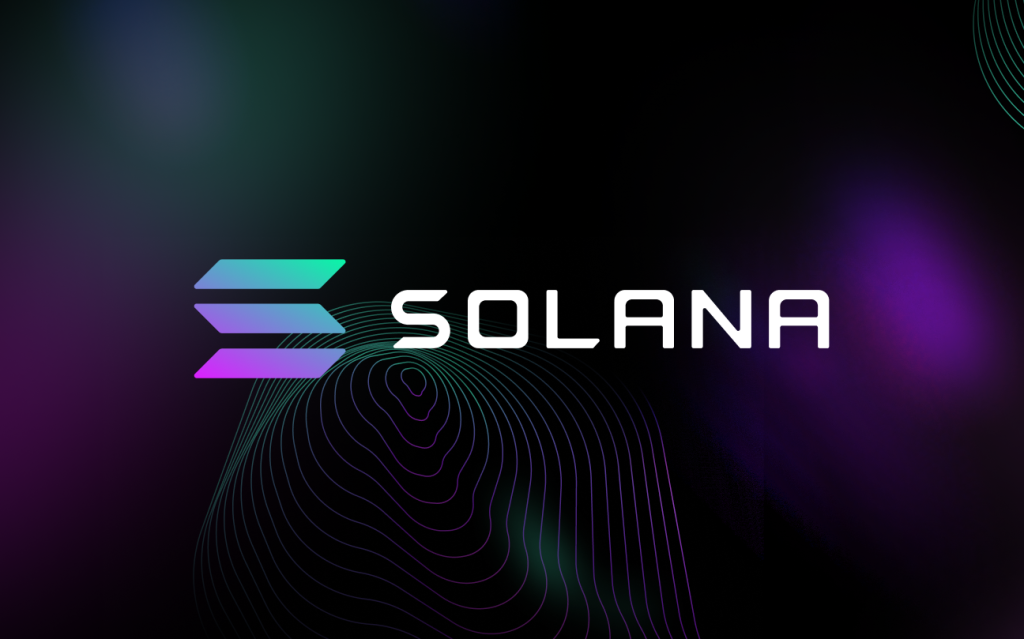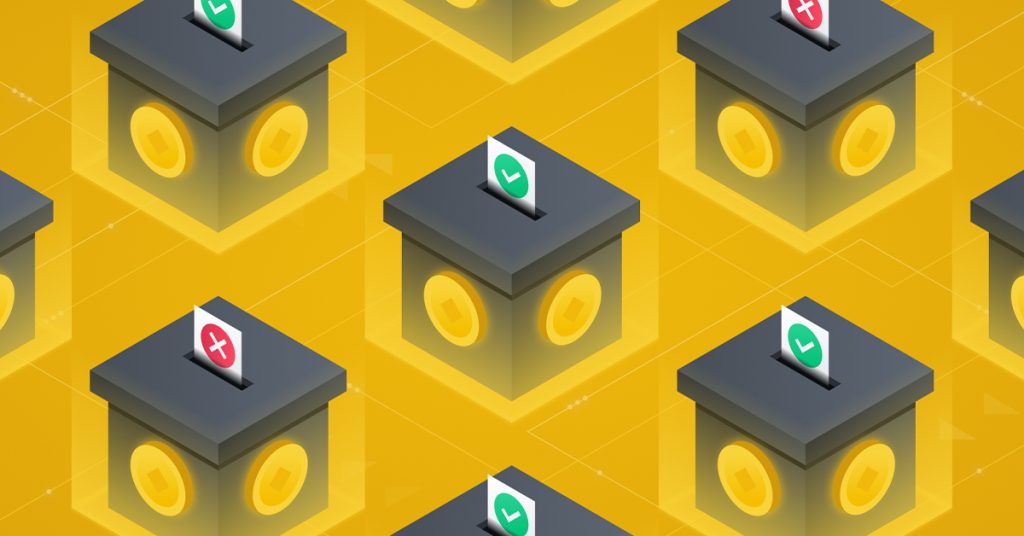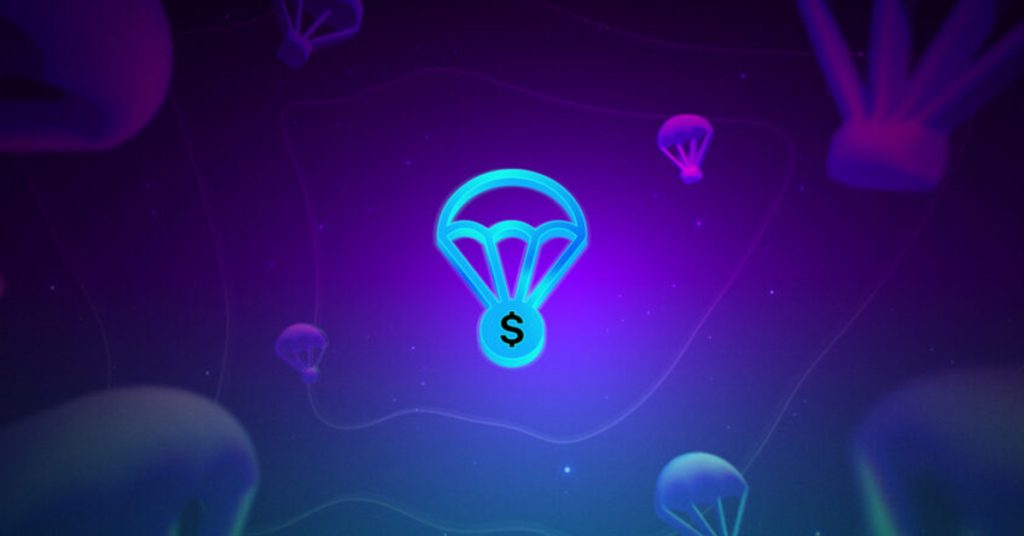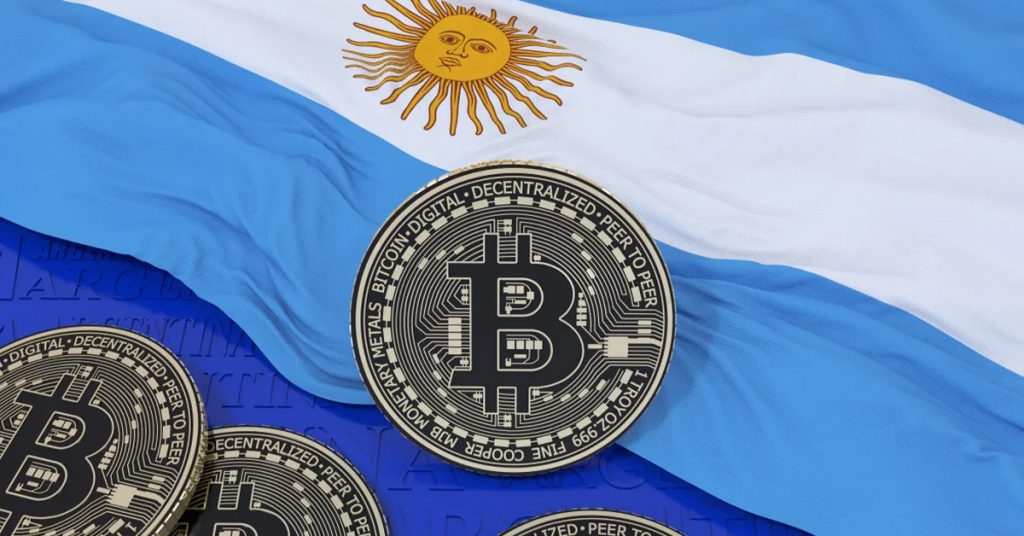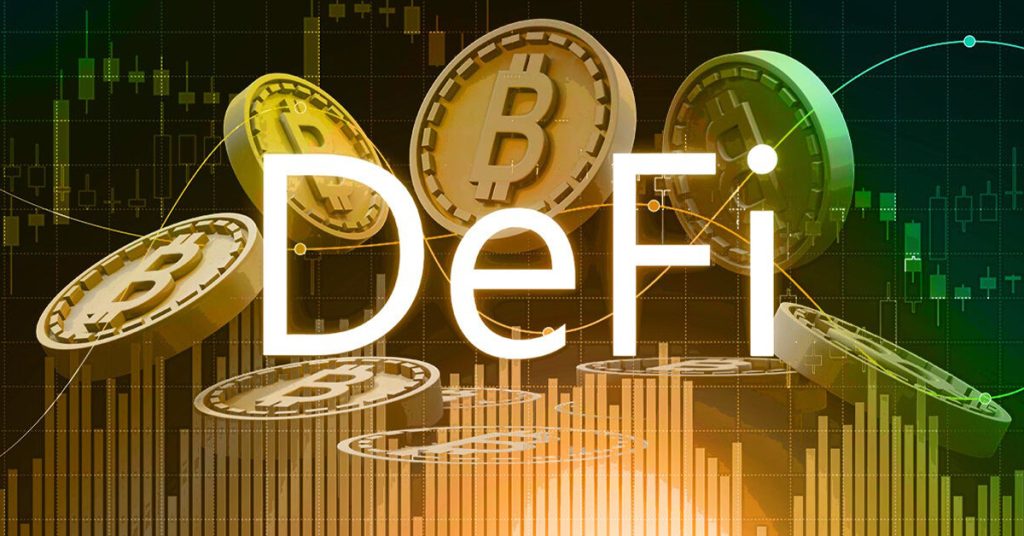Oasis Network ($ROSE) | A Network Supporting Open Finance & Open Data

OASIS Protocol – Protecting Data Privacy
OASIS is a Layer 1, privacy enabled, proof-of-stake, decentralized network designed to give users back control and ownership of their data, while supporting new applications in open finance and open data.
Oasis Network is a next generation blockchain and the first privacy-enabled platform built to scale for open finance, a responsible data economy, and Web3. Combined with its high throughput and secure architecture, the Oasis Network aims to power private, scalable DeFi, and expand it beyond traders and early adopters to the mass market. Its unique privacy features have the potential to not only redefine DeFi and Web 3 but also create a new type of digital asset called ‘Tokenized Data’. This will enable users to take control of the data they generate and earn rewards for staking it with applications, creating the first-ever responsible data economy.
$ROSE is the native token of the Oasis ecosystem and it is used for transaction fees, staking, and delegation at the consensus layer. Holders can earn rewards on their $ROSE holdings by delegating their tokens to a validator node.
The Oasis Network Tech
Oasis prioritises applications and use-cases that promote data privacy and user confidentiality. It aims to achieve this by separating its consensus layer from its contract execution layer while providing a built-in interface connecting the two for privacy-preserving computation. The consensus layer acts as a hub that uses a proof-of-stake mechanism to secure the network and reach a consensus on transaction validity. The execution layer consists of multiple parallel runtimes (known as ParaTimes) for specialised computation needs that each plug into the consensus layer.
There are 3 ParaTimes built by the Oasis core team already on the network.
- Emerald ParaTime, the EVM Compatible ParaTime, was built to solve the problems faced by Solidity developers, namely high fees and low throughput. Emerald solves both of these problems by increasing the throughput of transactions to 1,000 per second and reducing fees by 99%+ compared to Ethereum. This means more users will be able to use and build on the network.
- Cipher ParaTime, the confidential smart contract ParaTime, will hold the features that Oasis is known for – privacy-preserving smart contracts. As with Emerald, it boasts high throughput, instant finality, and low fees with added privacy-preserving features. Cipher enables DEX’s to stop front-running transactions, NFT users to protect their assets privately, and can potentially unlock trillions in credit and lending markets from traditional finance.
- Parcel ParaTime, the confidential data storage, governance, and compute ParaTime, Parcel already has enterprise partners like Nebula Genomics, Genetica, and BMW, using it to store private data like human genomic data. Parcel enables governance, confidential computation, and private analysis of data. Applications developers can use the Parcel SDK to integrate privacy-preserving data storage, governance, and computation into their applications. Parcel is also the data tokenisation engine that can turn any data file into an NFT. It is envisaged this functionality to enable people to take back control of the data they create, turning it into assets they can stake and earn rewards, thus creating a new responsible data economy.
The Oasis Network Team and Backers
Oasis Labs, the core developer of the Oasis Network was founded in 2018 by University of California at Berkeley professor Dawn Song with the mainnet going live in November, 2020. The development team raised $45 million from some of crypto’s largest venture capital firms including a16z, Polychain Capital, Arrington Capital, Pantera, and Binance Labs, among others.
The Oasis team is made up of top talent from around the world, with backgrounds from Apple, Google, Amazon, Goldman Sachs, UC Berkeley, Carnegie Mellon, Stanford, Harvard, and more. All the core engineering team are PHD level educated and all committed to growing and expanding the Oasis Network.
Wallet Support
Oasis supports two first-party non-custodial wallets, a web wallet named Oasis Wallet – Web and a Chrome browser extension wallet named Oasis Wallet – Browser Extension. Both seamlessly connect to the Oasis Network and makes it easy to hold, send, receive and stake $ROSE tokens.
$ROSE is also supported via 3 custody providers: Copper.co, Anchorage and Finoa.
If you want an easy-to-use, beginner friendly mobile wallet, you can try the Bitpie Wallet.
For extra security with self-custody, you can use the Ledger wallet in conjunction with one of the official Oasis Wallets.
DeFi on OASIS
The Oasis network has a TVL (Total Value Locked) of just over $70 million.
At this early stage, the only real player of note is YuzuSwap which is a DEX (Decentralised Exchange) built on Emerald, the EVM compatible ParaTime on Oasis. Launched on January 11, 2022 YuzuSwap follows a non-custodial, peer-to-peer, automated-market-maker model, and aims to provide a safe, swift, low-cost tool to discover and swap tokens within the Oasis ecosystem. The YuzuSwap platform is fully open to developers and members of the Yuzu DAO. YuzuSwap has a TVL of $68 million.
The Oasis Network is ideal for DeFi applications due to its scalability, instant finality, low gas fees compared to Ethereum, and high transaction throughput. It is designed to support confidential smart contracts that keep data private while being processed. By providing end-to-end data confidentiality on blockchain, the Oasis Network unlocks new and exciting use cases in DeFi.
The Future
Oasis recently launched a $200 million ecosystem fund which will be used to develop DApps on the network for DeFi, NFTs, Metaverses and more on the network. It’s worth noting that they are not the only game in town when it comes to ecosystem funds with the likes of Solana, Avalanche, Fantom, Near and Harmony all announcing similar programs aimed at attracting developers and network growth. However, Oasis appears to have both technology and use-case differentiation with these competitors. One feels that the next year or two of their development will be crucial as they look to onboard a broad range of applications into their ecosystem. An exciting announcement in November 2021 may be an indication of what is to come as Oasis revealed that they were working with Meta AI, formerly Facebook AI on a secure computing application. No doubt this will be a project that readers will be hearing a whole lot more about in 2022.




